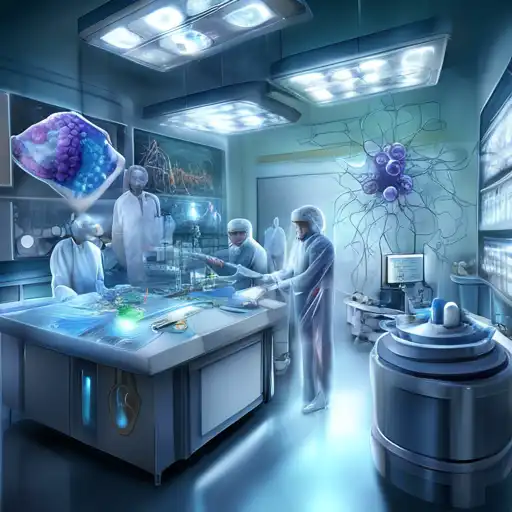Introduction to Nanotechnology in Medicine
Nanotechnology, the science of manipulating matter at the atomic and molecular scale, is set to revolutionize the medical field. With its ability to operate at the same scale as biological processes, nanotechnology offers unprecedented opportunities for diagnosis, treatment, and prevention of diseases. This article explores the groundbreaking advancements and potential of nanotechnology in medicine.
The Promise of Nanomedicine
Nanomedicine, the application of nanotechnology in healthcare, promises to transform the way we approach disease treatment and prevention. From targeted drug delivery systems to nanorobots capable of repairing damaged tissues, the possibilities are endless. The precision and efficiency of nanomedicine could significantly reduce side effects and improve patient outcomes.
Current Applications of Nanotechnology in Medicine
Today, nanotechnology is already making waves in various medical applications. Some of the most notable include:
- Drug Delivery: Nanoparticles can deliver drugs directly to diseased cells, minimizing damage to healthy cells.
- Diagnostic Tools: Nanosensors can detect diseases at their earliest stages, even before symptoms appear.
- Regenerative Medicine: Nanomaterials are being used to create scaffolds that support tissue regeneration.
Future Prospects
The future of nanotechnology in medicine is bright, with research focusing on more sophisticated applications such as:
- Nanorobots: Tiny robots that can perform surgeries or deliver drugs at the cellular level.
- Personalized Medicine: Nanotechnology could enable treatments tailored to the individual's genetic makeup.
- Disease Prevention: Nanoparticles could be used to prevent diseases by targeting and neutralizing pathogens before they cause illness.
Challenges and Ethical Considerations
Despite its potential, the integration of nanotechnology into medicine faces several challenges, including safety concerns, ethical issues, and the need for regulatory frameworks. Ensuring the safe and equitable use of nanomedicine is paramount as we move forward.
Conclusion
Nanotechnology in medicine represents a frontier of innovation with the potential to drastically improve healthcare outcomes. As research progresses, the day when nanomedicine becomes a standard part of healthcare draws nearer. The journey is just beginning, and the possibilities are as vast as the nanoscale world itself.
For more insights into the future of healthcare technology, explore our HealthTech Innovations section.
